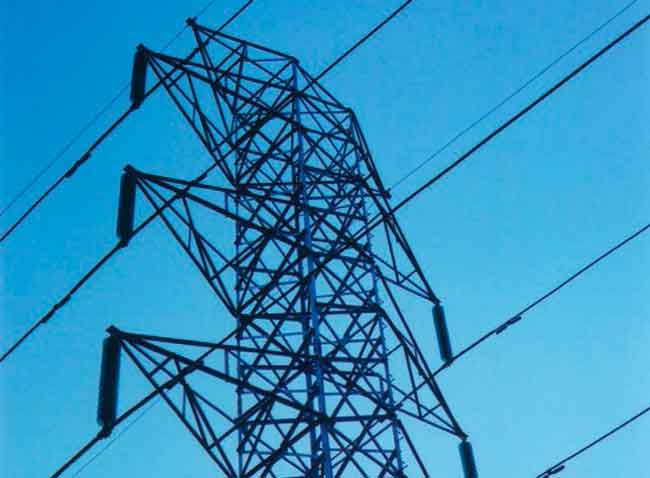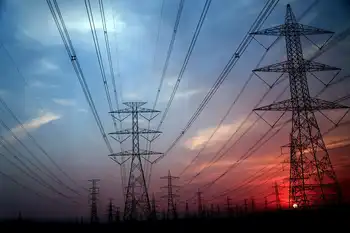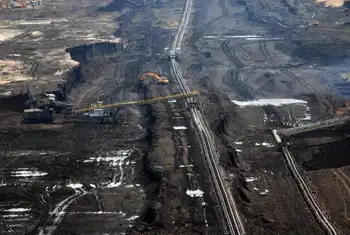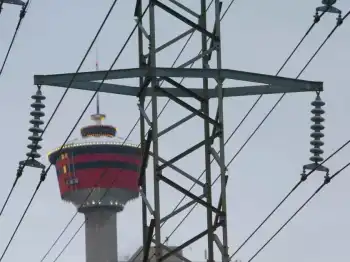Infrastructure needs billions to avoid burnout
By National Post
Arc Flash Training CSA Z462 - Electrical Safety Essentials
Our customized live online or in‑person group training can be delivered to your staff at your location.

- Live Online
- 6 hours Instructor-led
- Group Training Available
While the engineering experts refused to draw direct links between the needs and a pair of recent incidents that struck two of the country's largest cities, they warned that time was running out for many steel towers, electric poles, wires, transformers and facilities.
"You're now looking at (50-year-old) infrastructure that is in need of replacement," said Jatin Nathwani, the executive director of Waterloo University's Institute for Sustainable Energy. "These things may last 20 years, (or) they may only last two. You don't know, so there's a large unknown and uncertain gap growing in terms of understanding the integrity of that infrastructure."
Over the weekend, an explosion struck a transformer under a 22-storey high-rise in a Toronto neighbourhood, forcing the evacuation of some 900 residents. The incident follows a recent electrical fire that struck underground cables in Vancouver, causing blackouts.
Public officials in both cities are still investigating to determine the cause of the incidents.
Mr. Nathwani, a consultant at Hydro One who has worked in the industry for 30 years, said the Ontario utility company has 1.2 million distribution poles across the province. While it can test 5,000 to 10,000 in a given year, he said there are 50,000 that reach their 50th birthday from one year to the next.
He said there are similar challenges for other pieces of the infrastructure that make it a challenge to assess the vulnerabilities, despite new investments as well as sophisticated testing and monitoring systems that are already in place.
"You can gather the data, you can do the best assessments, you can feed in all your monitoring information to get at the best estimate of replacement time for these assets, but one can never actually predict when a component will actually fail," Mr. Nathwani said.
"It's just like the equivalent of (getting) all your monitoring tests done. You go to the doctors, you have your visits, but no one can actually predict when you will die."
The industry association, which represents utility companies across the country, has estimated they will need $80-billion in investments for nuclear energy infrastructure and another $40-billion to $50-billion for hydroelectric sites over the next 10 to 20 years, to ensure long-term stability in the supply.
But those estimates do not include investments that may be required in new renewable forms of energy such as wind and solar power.
"Time is not our friend on this. We need to have more electricity in just about every region of the country," said Pierre Guimond, president of the Canadian Electricity Association.
"Demand is racing ahead of supply and the supply that we have requires refurbishment and major investment to carry on for another 50 to 80 years."
Mr. Guimond said new neighbourhoods are increasing demand and the need for new costly infrastructure and transmission lines underground.
He said other needs such as the potential emergence of electric cars also will require careful planning and development to supply more power on existing grids.
"Our tendency is to say to people: 'Look, we have to do this right, so give us the green light to go ahead and do this,'" Mr. Guimond said.
"The green light involves permission from governments, it involves investment of capital, it involves access to the basic resources necessary for that - things like cement and steel. We want to get on with the job that we're so well-trained to carry out."











